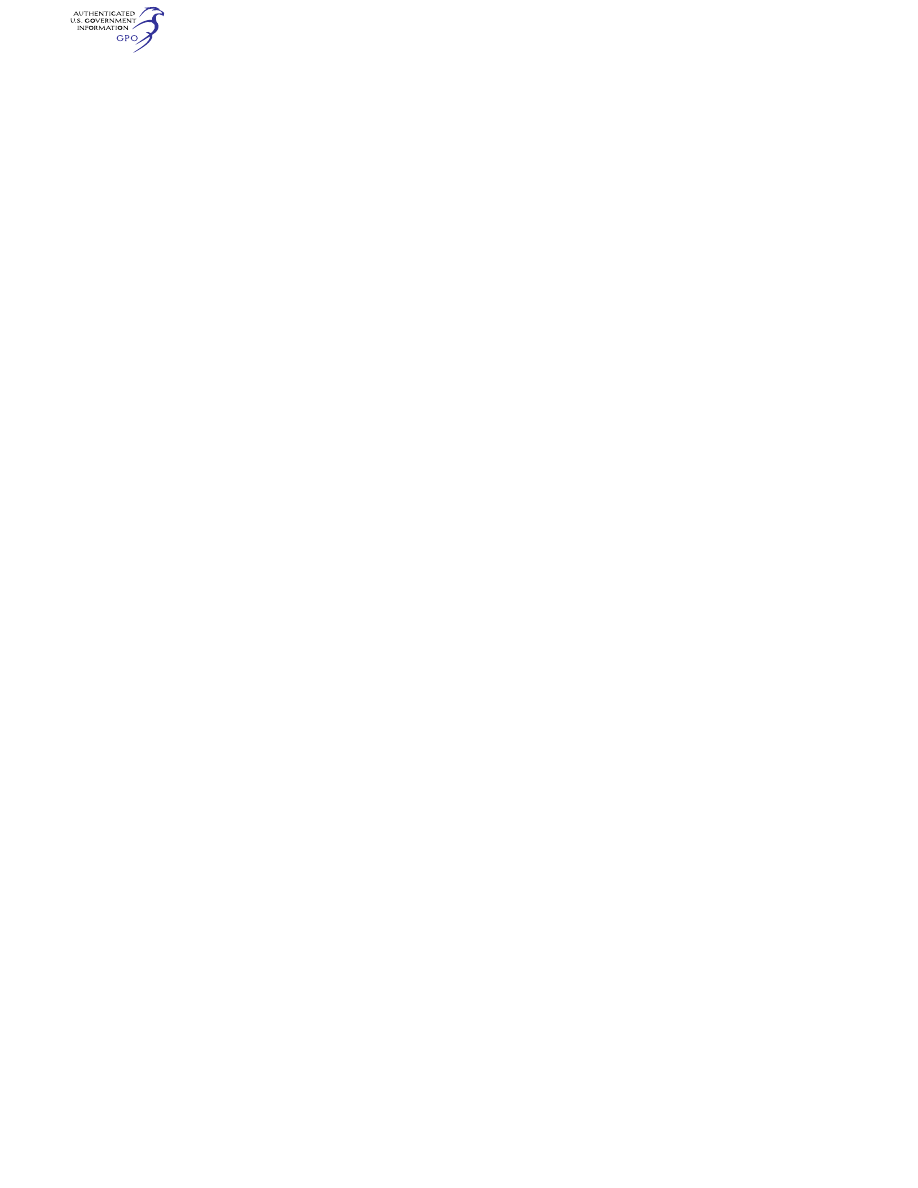
801
Federal Aviation Administration, DOT
§ 91.1089
(iii) Ditching and evacuation;
(iv) Illness, injury, or other abnormal
situations involving passengers or
crewmembers; and
(v) Hijacking and other unusual situ-
ations.
(4) Review and discussion of previous
aircraft accidents and incidents involv-
ing actual emergency situations.
(c) Each crewmember must perform
at least the following emergency drills,
using the proper emergency equipment
and procedures, unless the Adminis-
trator finds that, for a particular drill,
the crewmember can be adequately
trained by demonstration:
(1) Ditching, if applicable.
(2) Emergency evacuation.
(3) Fire extinguishing and smoke con-
trol.
(4) Operation and use of emergency
exits, including deployment and use of
evacuation slides, if applicable.
(5) Use of crew and passenger oxygen.
(6) Removal of life rafts from the air-
craft, inflation of the life rafts, use of
lifelines, and boarding of passengers
and crew, if applicable.
(7) Donning and inflation of life vests
and the use of other individual flota-
tion devices, if applicable.
(d) Crewmembers who serve in oper-
ations above 25,000 feet must receive
instruction in the following:
(1) Respiration.
(2) Hypoxia.
(3) Duration of consciousness without
supplemental oxygen at altitude.
(4) Gas expansion.
(5) Gas bubble formation.
(6) Physical phenomena and incidents
of decompression.
§ 91.1085
Hazardous materials recogni-
tion training.
No program manager may use any
person to perform, and no person may
perform, any assigned duties and re-
sponsibilities for the handling or car-
riage of hazardous materials (as de-
fined in 49 CFR 171.8), unless that per-
son has received training in the rec-
ognition of hazardous materials.
§ 91.1087
Approval of aircraft simula-
tors and other training devices.
(a) Training courses using aircraft
simulators and other training devices
may be included in the program man-
ager’s training program if approved by
the Administrator.
(b) Each aircraft simulator and other
training device that is used in a train-
ing course or in checks required under
this subpart must meet the following
requirements:
(1) It must be specifically approved
for—
(i) The program manager; and
(ii) The particular maneuver, proce-
dure, or crewmember function in-
volved.
(2) It must maintain the perform-
ance, functional, and other characteris-
tics that are required for approval.
(3) Additionally, for aircraft simula-
tors, it must be—
(i) Approved for the type aircraft
and, if applicable, the particular vari-
ation within type for which the train-
ing or check is being conducted; and
(ii) Modified to conform with any
modification to the aircraft being sim-
ulated that changes the performance,
functional, or other characteristics re-
quired for approval.
(c) A particular aircraft simulator or
other training device may be used by
more than one program manager.
(d) In granting initial and final ap-
proval of training programs or revi-
sions to them, the Administrator con-
siders the training devices, methods,
and procedures listed in the program
manager’s curriculum under § 91.1079.
§ 91.1089
Qualifications: Check pilots
(aircraft) and check pilots (simu-
lator).
(a) For the purposes of this section
and § 91.1093:
(1) A check pilot (aircraft) is a person
who is qualified to conduct flight
checks in an aircraft, in a flight simu-
lator, or in a flight training device for
a particular type aircraft.
(2) A check pilot (simulator) is a per-
son who is qualified to conduct flight
checks, but only in a flight simulator,
in a flight training device, or both, for
a particular type aircraft.
(3) Check pilots (aircraft) and check
pilots (simulator) are those check pi-
lots who perform the functions de-
scribed in § 91.1073(a)(4) and (c).
(b) No program manager may use a
person, nor may any person serve as a
VerDate Sep<11>2014
14:00 Mar 14, 2024
Jkt 262047
PO 00000
Frm 00811
Fmt 8010
Sfmt 8010
Q:\14\14V2.TXT
PC31
aworley on LAPBH6H6L3 with DISTILLER